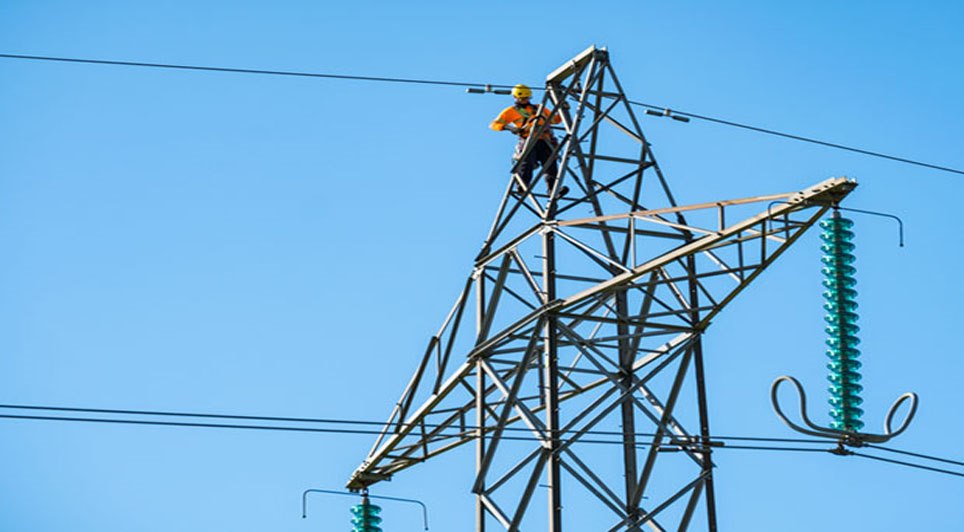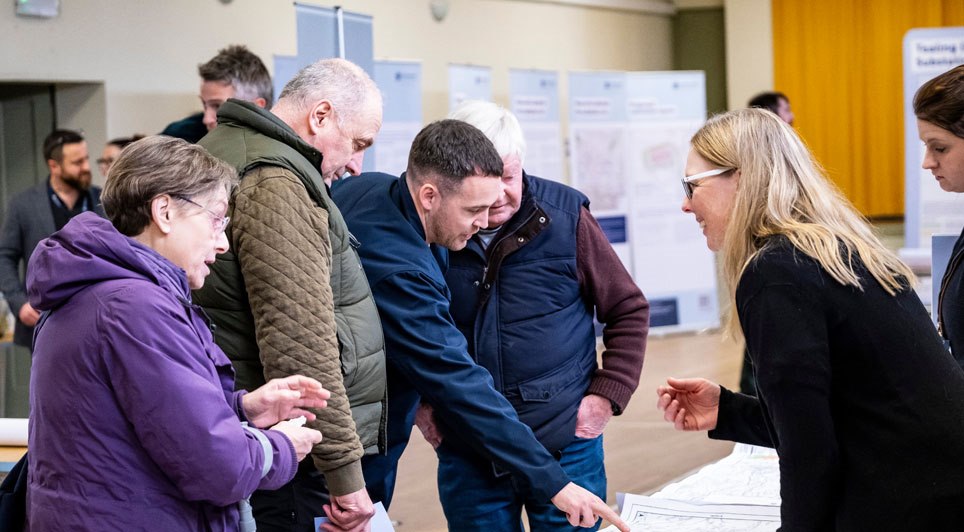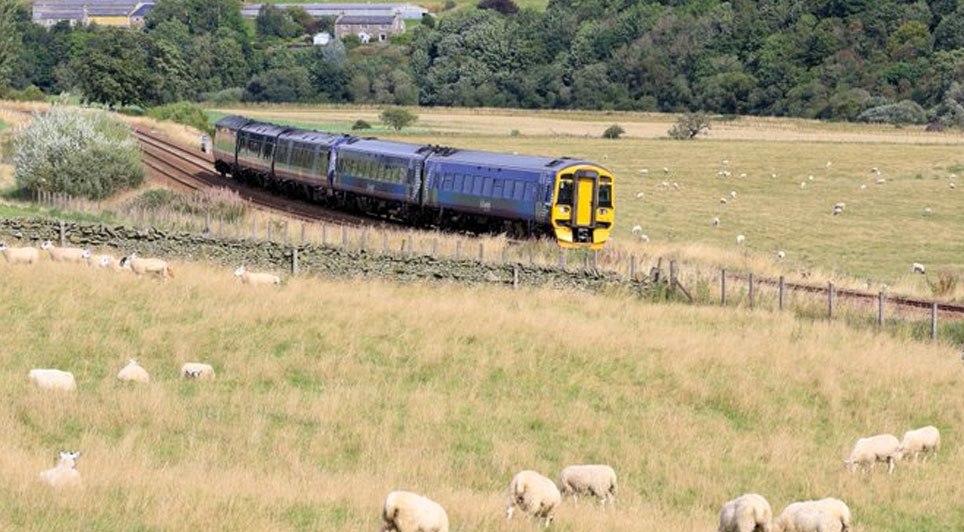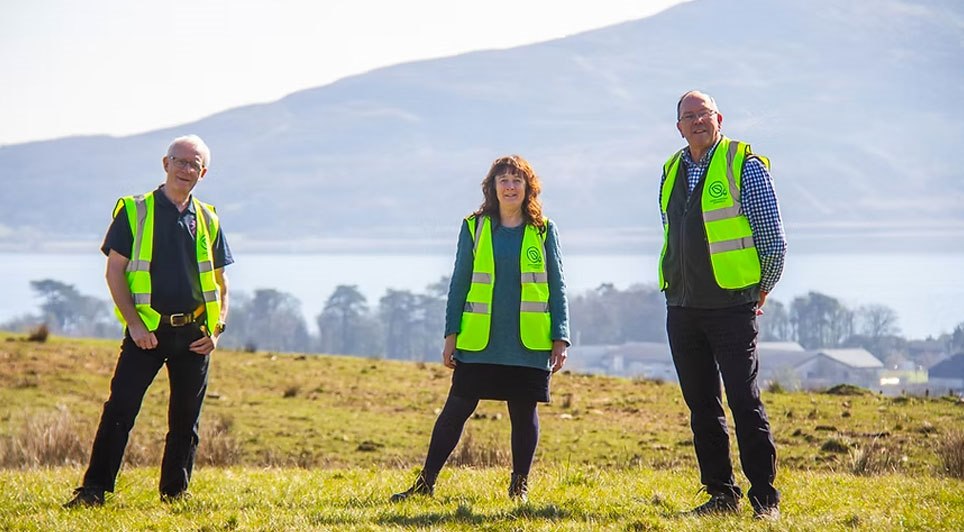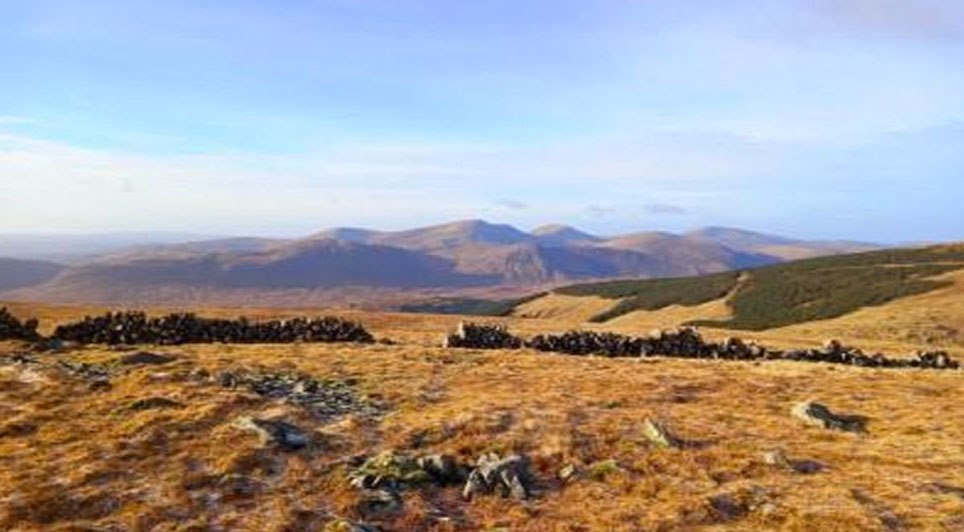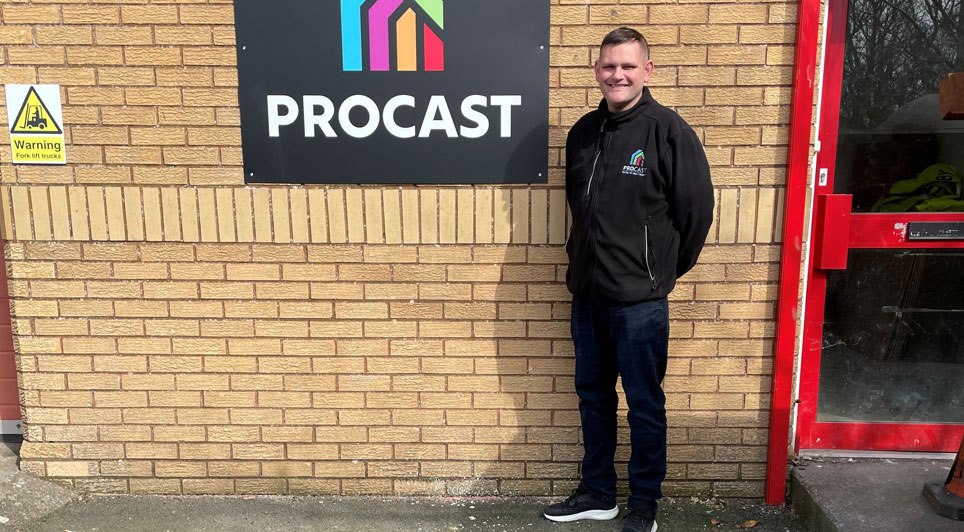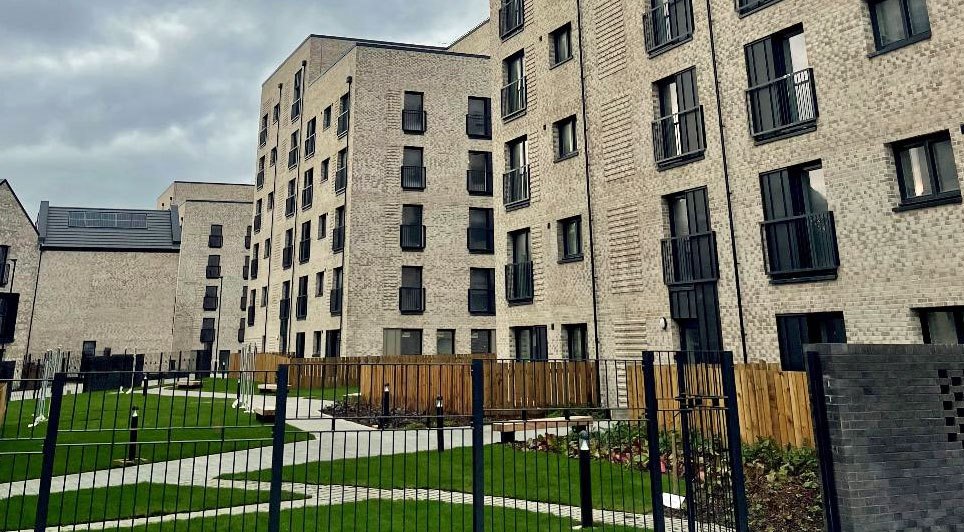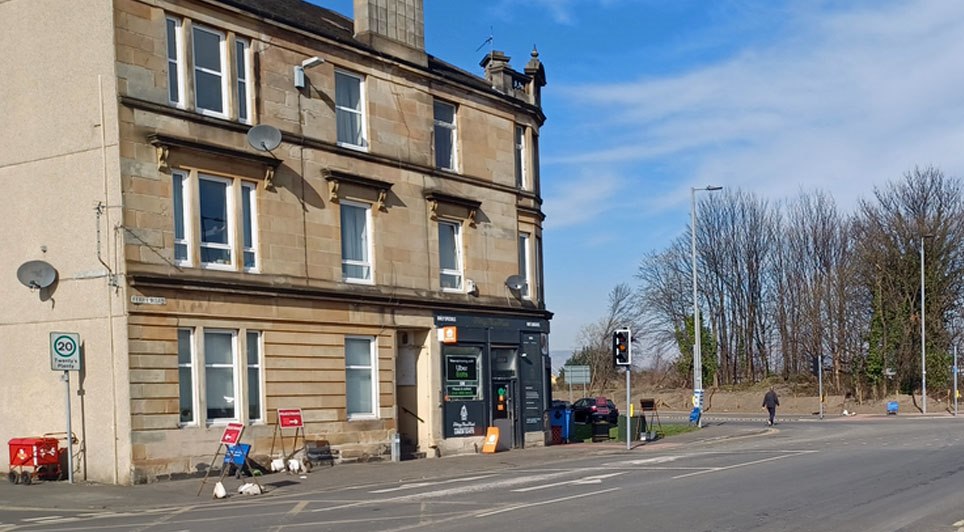Friends of the Earth contacted the main political parties as part of its campaign to improve the Government's feed-in tariff scheme launched earlier this year.
The scheme guarantees long-term payments to homes, businesses, councils and communities for all the renewable electricity they generate from small-scale systems such as wind and river turbines and solar panels.
The environmental campaign group, which led the campaign to introduce a feed-in tariff, contacted the three main parties asking them to set out their proposals for improving the scheme, provide more help to low-income households and communities and increase the installation of small-scale, decentralised energy generally. The Conservatives and Liberal Democrats both sent enthusiastic responses committing their parties to a more ambitious scheme.
- The Liberal Democrats promised £400 cash for anyone who installs micro-generation technologies and said tariff payments should be high enough to enable the investment to pay for itself in ten years (the current return is 5-8 per cent)
- The Conservatives promised to increase the maximum size of projects eligible for feed-in tariff payments to 10 megawatts - equivalent to four large wind turbines - to encourage communities to invest in, and benefit from, renewable electricity developments. They also pledged to reverse the unfair situation where those pioneers who have already installed renewable electricity systems are excluded from the full tariff payments
- Labour have no plans to improve the scheme
"People who've already installed microgeneration technologies, but are refused the full benefits of the current scheme, will also be pleased that the Conservatives plan changes so they can receive the same payments as new installations.
"Labour deserve credit for introducing the feed-in tariff, but it is disappointing that they are now not aiming any higher on this crucial issue.
"Households, businesses, communities and local councils must all be encouraged to play their part in tackling climate change - ensuring that they share in the financial benefits of a greener future is a great way to do this."
(CD/GK)
 Scotland
Scotland UK
UK Ireland
Ireland London
London



